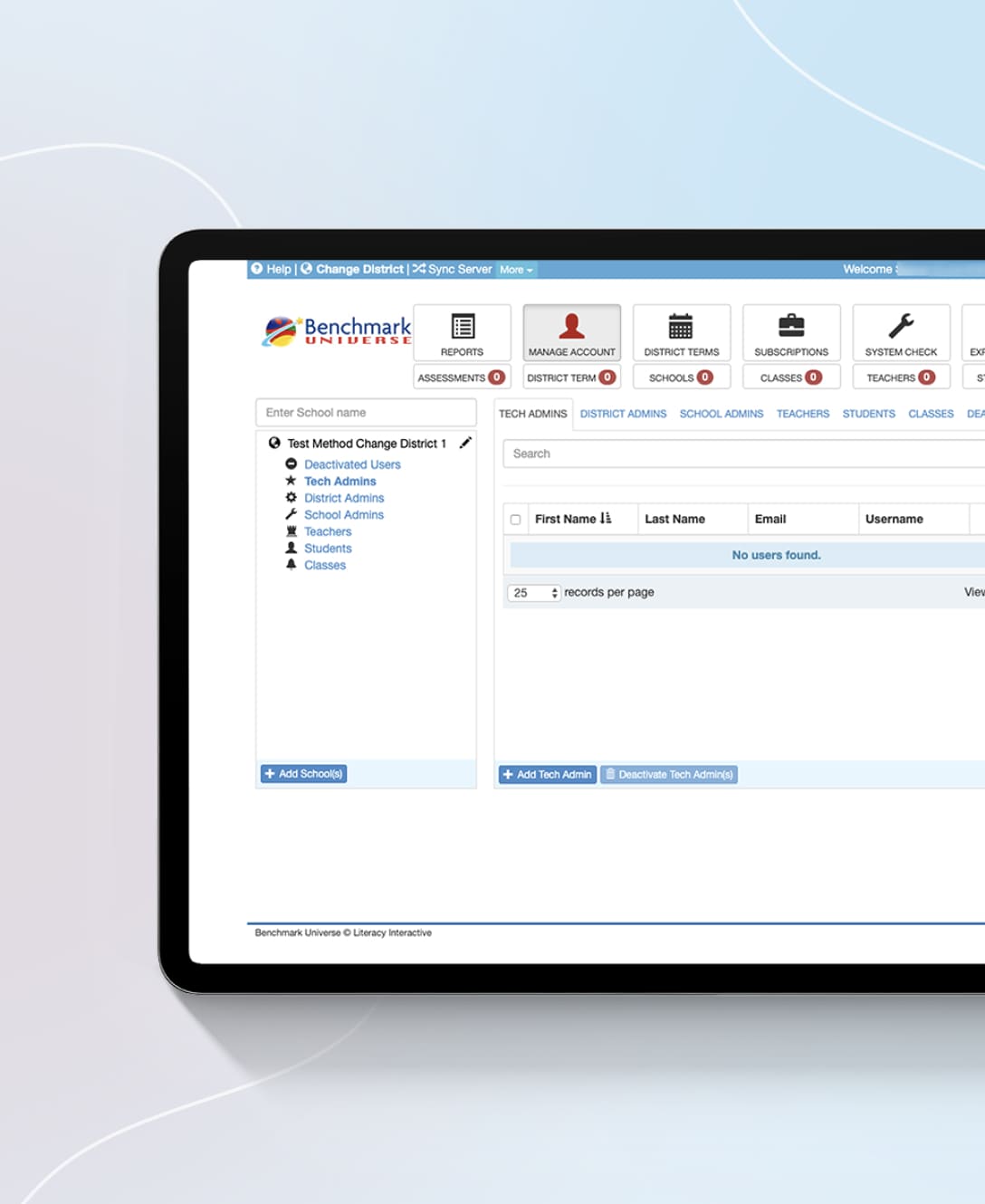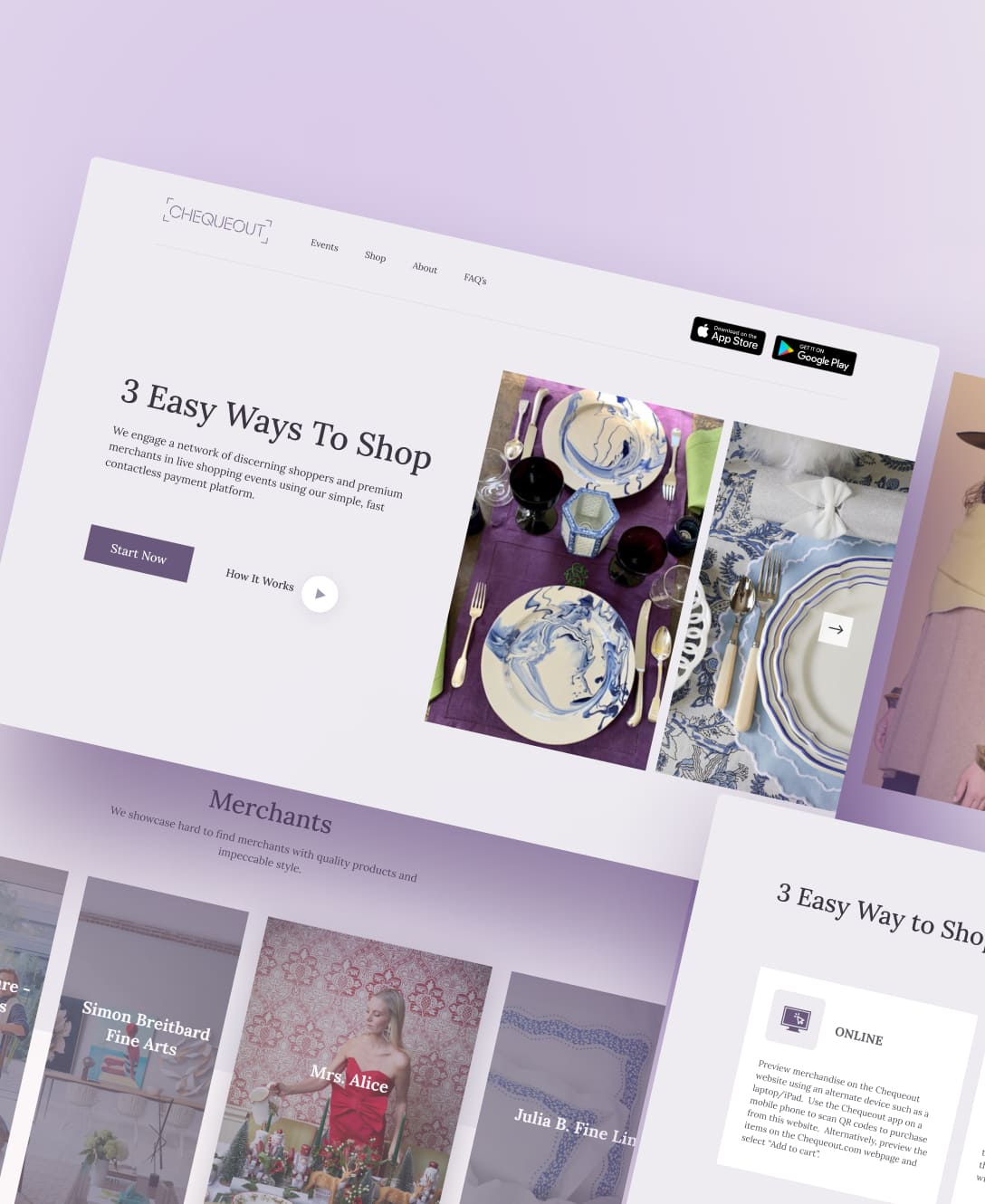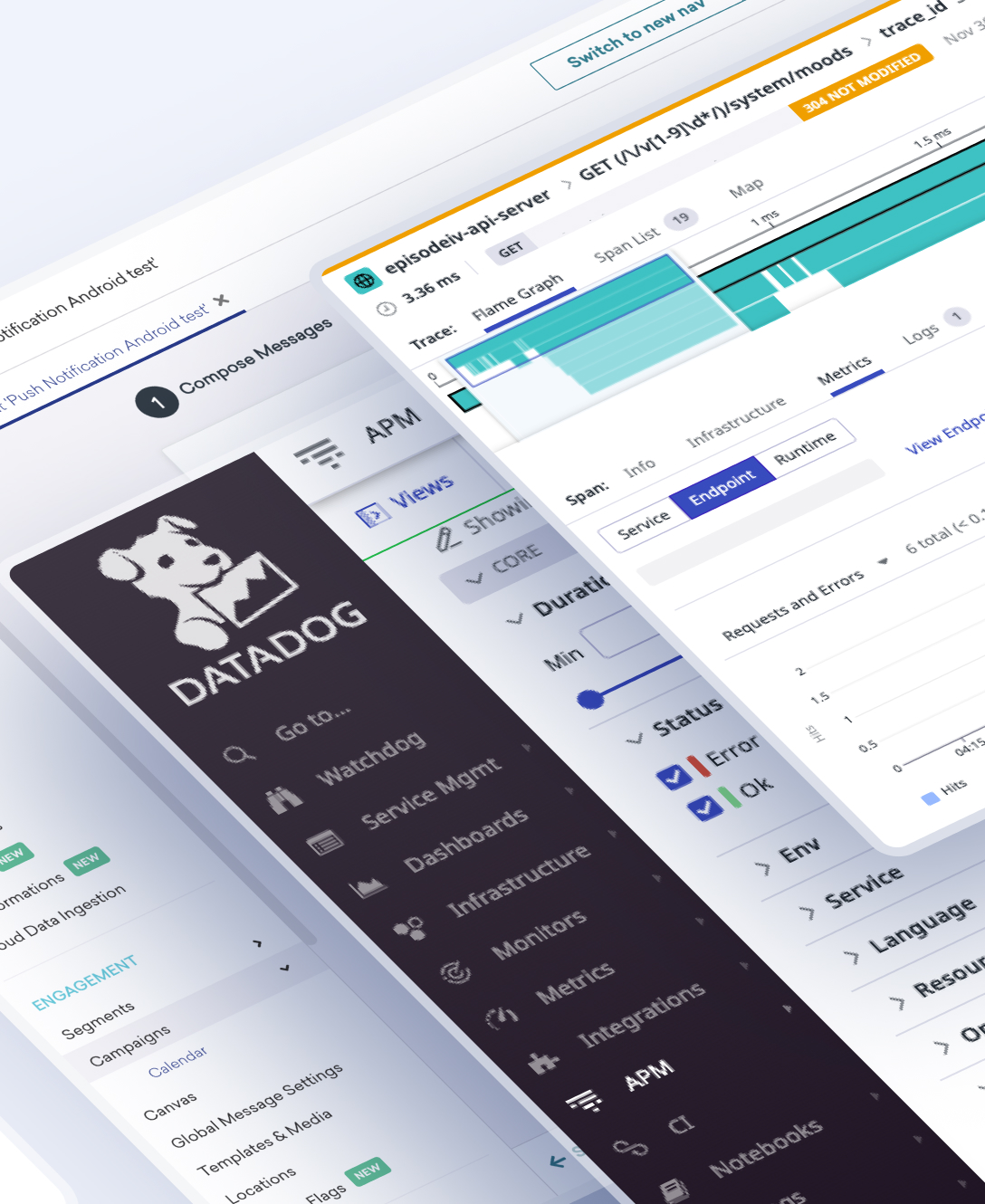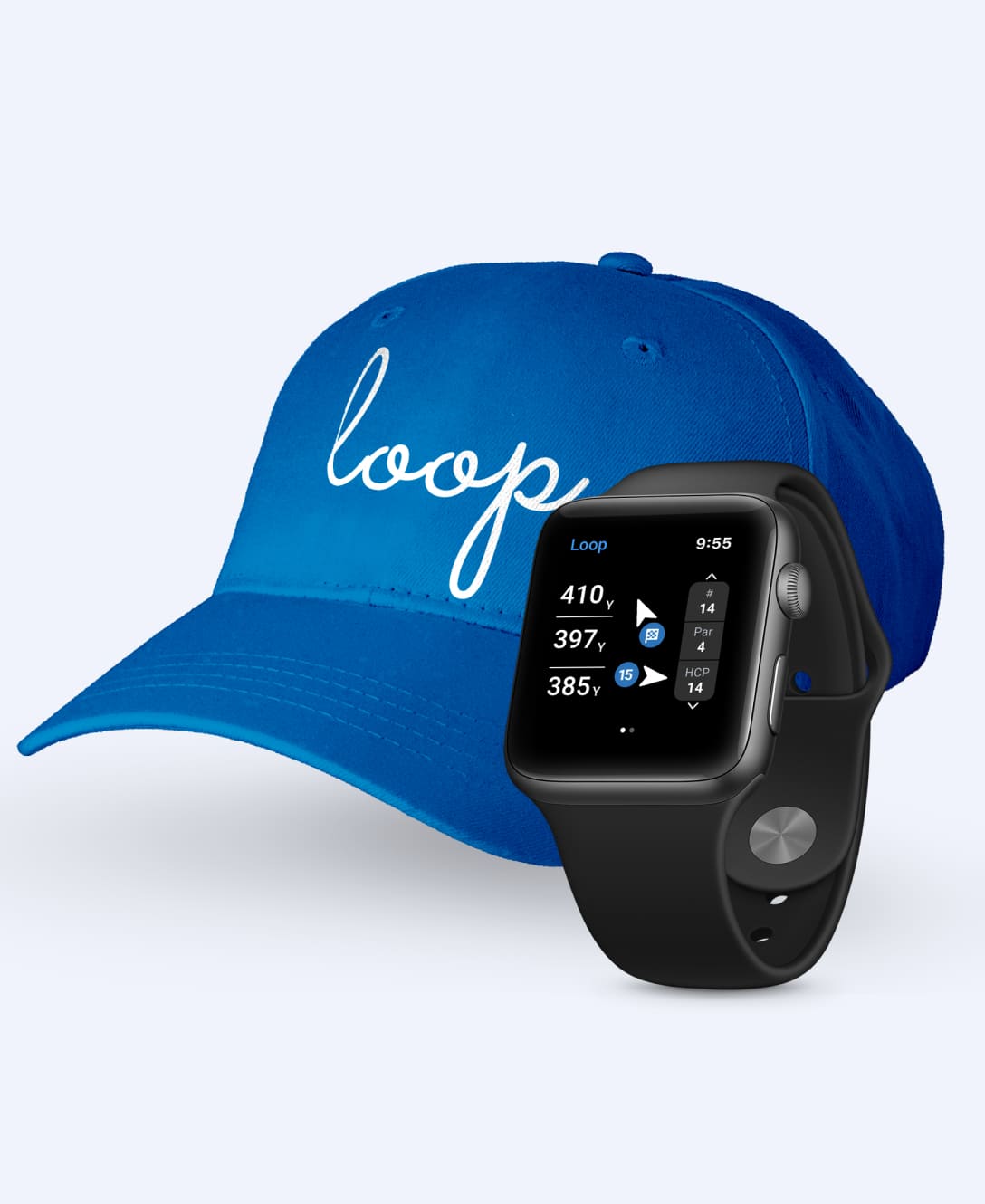App Development For Home Energy Company
React Native
Development
Node.js
Architecture
AWS
Infrastructure
Solutions
Industries
Technologies

About THE Project
Our client, a leader in home energy solutions, is dedicated to modernizing residential heating and cooling systems while ensuring healthier indoor environments. Their expertise lies in optimizing HVAC installations, helping homeowners choose the most efficient and cost-effective solutions. However, they faced a significant challenge—their existing process for generating HVAC installation proposals was manual, time-consuming, and prone to errors.
To solve this, they partnered with Spiral Scout to develop a mobile app that would automate the proposal process, enhance HVAC professionals’ efficiency, and provide homeowners with clear, professional estimates.
Objectives
- Develop an innovative mobile application for generating AC installation proposals and estimates.
- Enhance the efficiency of HVAC professionals by transforming manual proposal processes.
- Provide homeowners with clear, comprehensive proposals and visualizations of AC installations.
- Adapt to changing project scopes with an agile development approach.
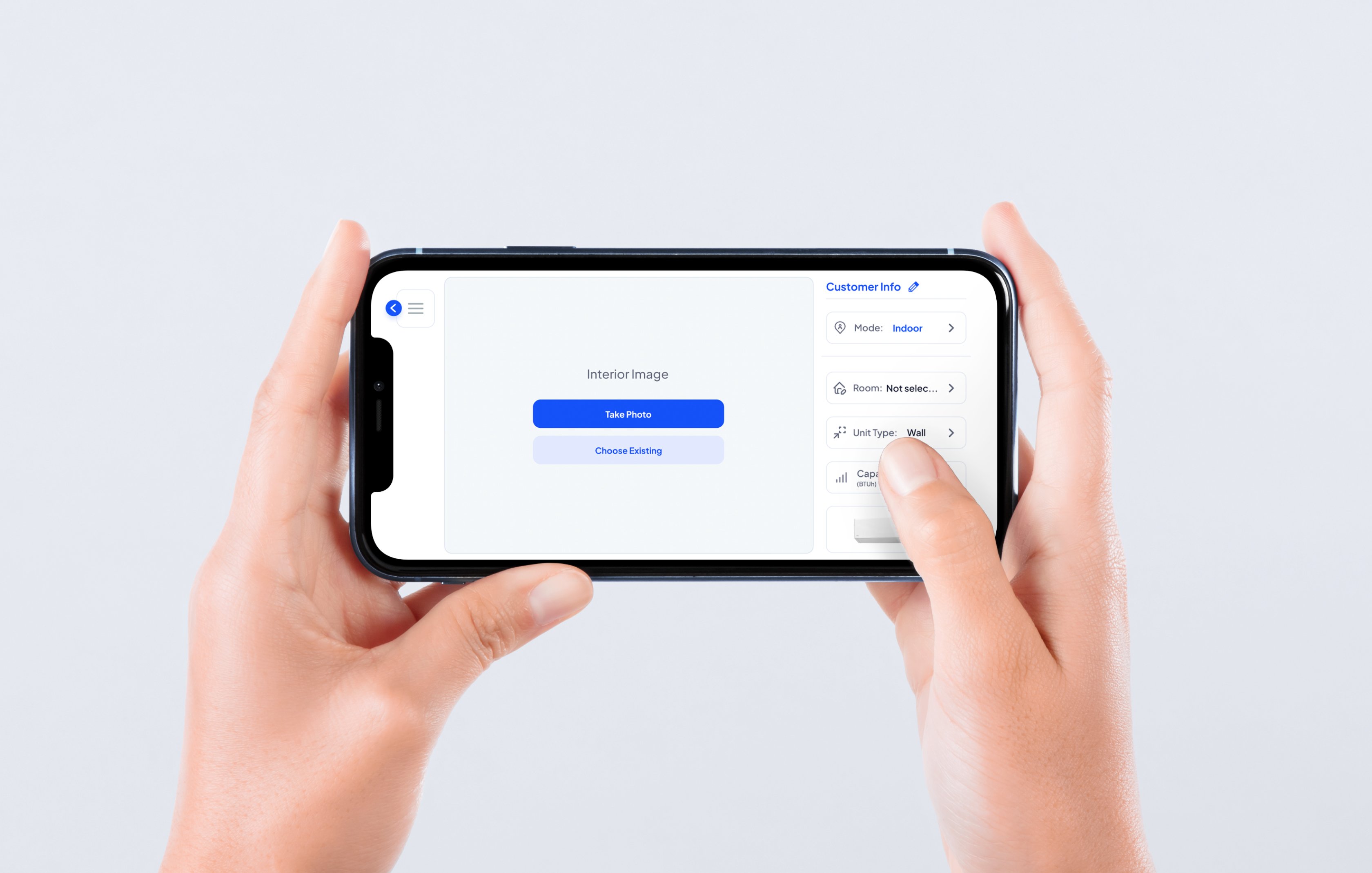
Challenges
Solutions
Manual and Inefficient Proposal Process
HVAC professionals were relying on paper-based estimates, leading to inconsistencies, delays, and errors in customer proposals.
Automated Estimation App
To address this, Spiral Scout built a custom mobile application that digitized the proposal process. The app allowed HVAC contractors to quickly generate professional estimates, incorporating pre-configured pricing models and real-time equipment selection. This eliminated the need for manual calculations and provided homeowners with accurate, visually compelling proposals in minutes.
No Existing Software Solutions in the Market
There were no off-the-shelf solutions that met the specific needs of HVAC professionals in the residential electrical sector.
Tech Stack Selection
Because of this, our team designed and developed the application from scratch, ensuring it was tailored specifically to the industry’s needs. The app allows users to capture images of a room, drag and resize HVAC equipment for precise placement, sketch communication lines, and add annotations and notes—all within an easy-to-use interface.
Offline Capability for Low-Connectivity Environments
Many HVAC installations occur in homes under construction or renovation, where Wi-Fi and mobile networks may be unavailable.
Develop Platform-Specific Needs
To overcome this, we implemented a robust offline mode that allows users to work without an internet connection. The app operates like a photo editing tool, storing user-generated estimates locally and syncing them to the cloud once connectivity is restored.
Scalability & Security for Future Growth
As a fast-growing company, our client needed a highly scalable solution that would integrate with their future backend infrastructure while ensuring data security.
Comprehensive Backend and Deployment Strategy
We built the backend using AWS infrastructure with Node.js and Nest.js, ensuring high performance and security. AWS Cognito was used for user authentication, providing secure access control and data protection.
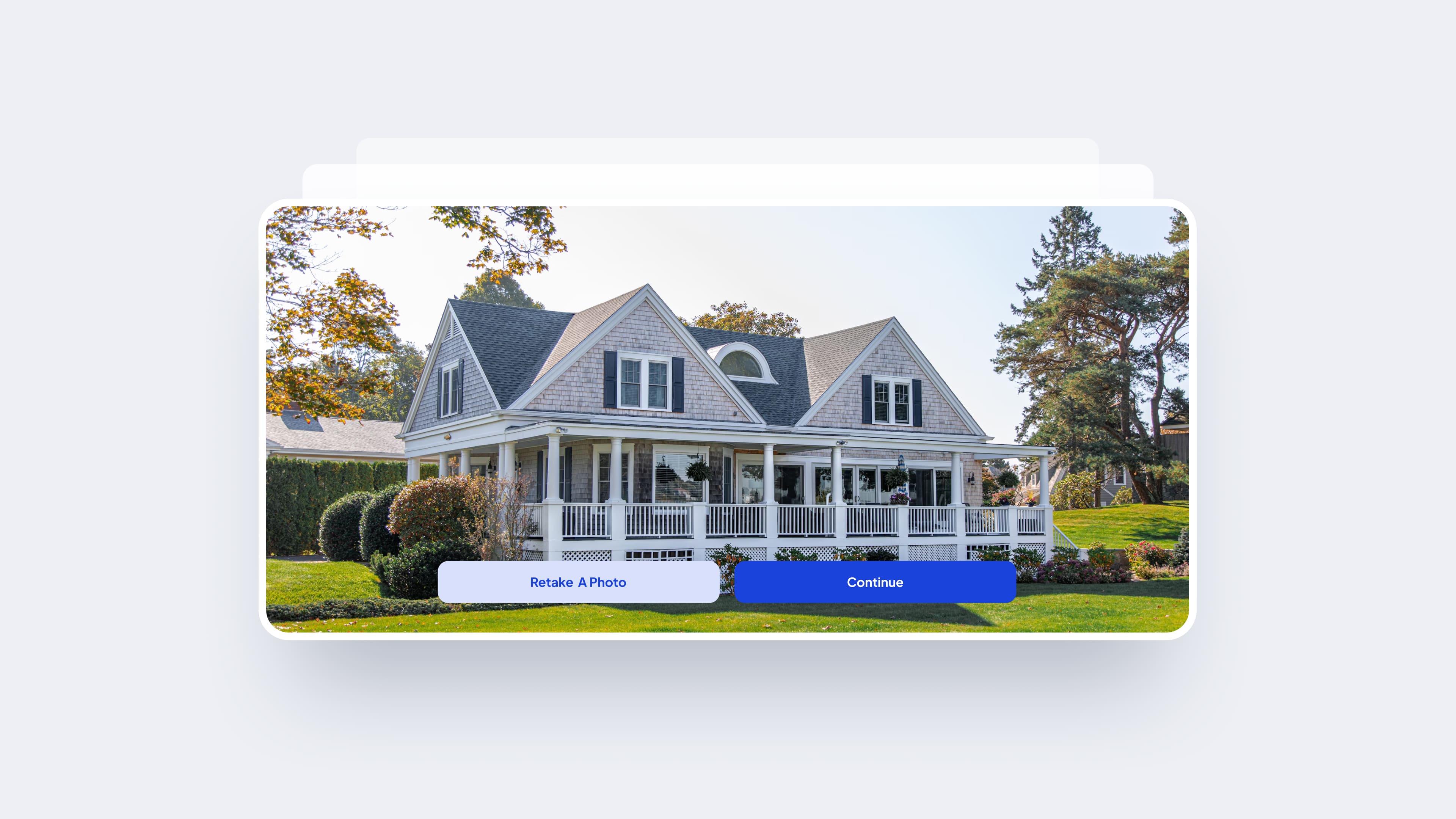
our Project strategy
Overview of the critical steps that shaped the project’s success and addressed its key challenges.
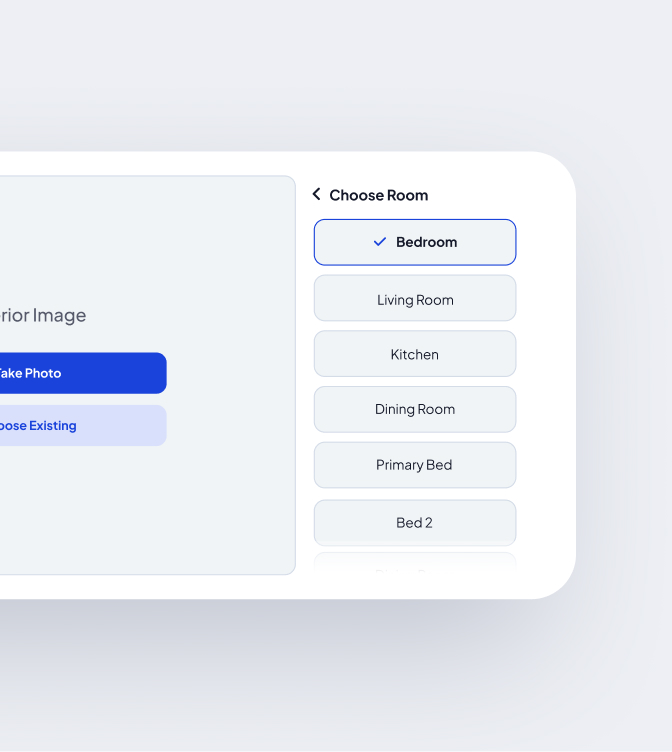
Agile Development Approach
Given the changing project scope and evolving client needs, our team implemented daily standups and sprint planning sessions. This allowed for continuous feedback loops, ensuring the app remained flexible and aligned with the client’s expectations.
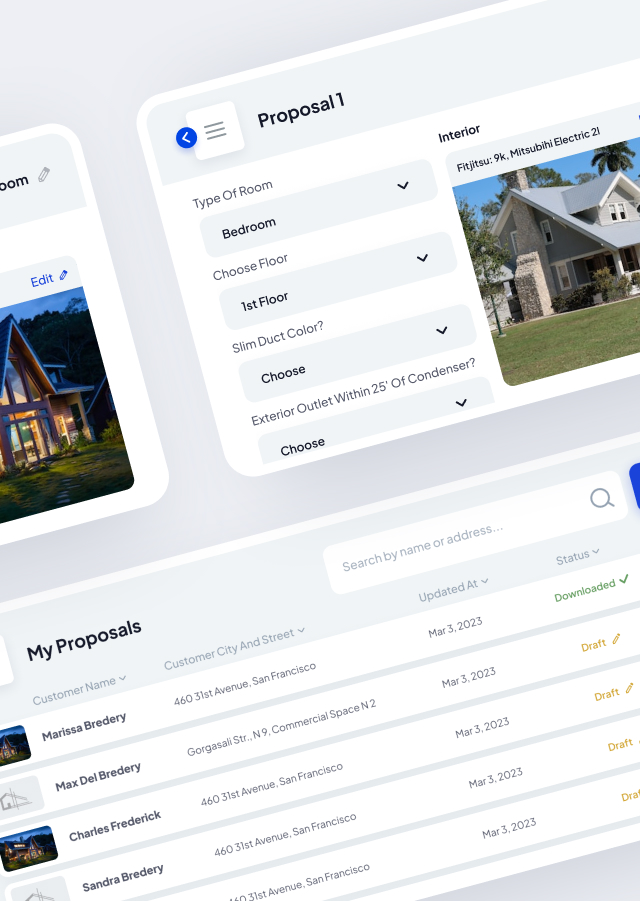
Comprehensive Role Management
To meet all functional and technical requirements, we assembled a multidisciplinary team that included business analysts, designers, project managers, front-end and back-end developers, and quality assurance engineers.
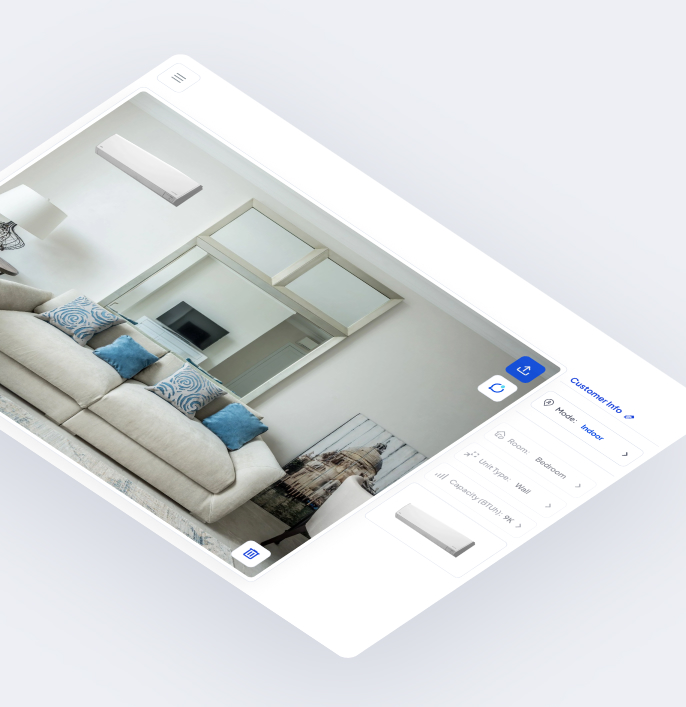
Robust Backend Infrastructure
The application was built on AWS with Node.js and Nest.js, providing high performance, scalability, and security. We also integrated AWS Cognito for user authentication, ensuring that only authorized users could access sensitive HVAC proposal data.
Project results
The development of the HVAC estimating app has transformed how HVAC professionals generate proposals, improving efficiency and customer experience. The application now allows HVAC professionals to create detailed, visually accurate proposals that enhance homeowner confidence and decision-making. With the new app, HVAC professionals can capture and annotate room images, seamlessly place and resize HVAC equipment, and store proposals as high-resolution PNG files in the device’s gallery. This process is now faster, more intuitive, and significantly more professional than previous manual methods.
Additionally, the offline functionality has proven essential, allowing HVAC professionals to generate and save estimates even in locations with poor internet connectivity. By functioning like a photo editing app, the tool ensures that contractors can create detailed proposals on the go, without disruptions.
Since the launch, the app has received positive client feedback, with professionals praising its ease of use and the time savings it provides. The company is now better positioned for long-term success, with an industry-leading tool that can scale as its business grows.
deliverables
- Automated HVAC Estimation App – A mobile application designed to streamline proposal generation and enhance the efficiency of HVAC professionals.
- Robust Backend Infrastructure – Built on AWS with Node.js and Nest.js, providing a scalable and secure backend.
- Efficient Data Management – Integrated TypeORM and PostgreSQL, ensuring seamless data handling and performance optimization.
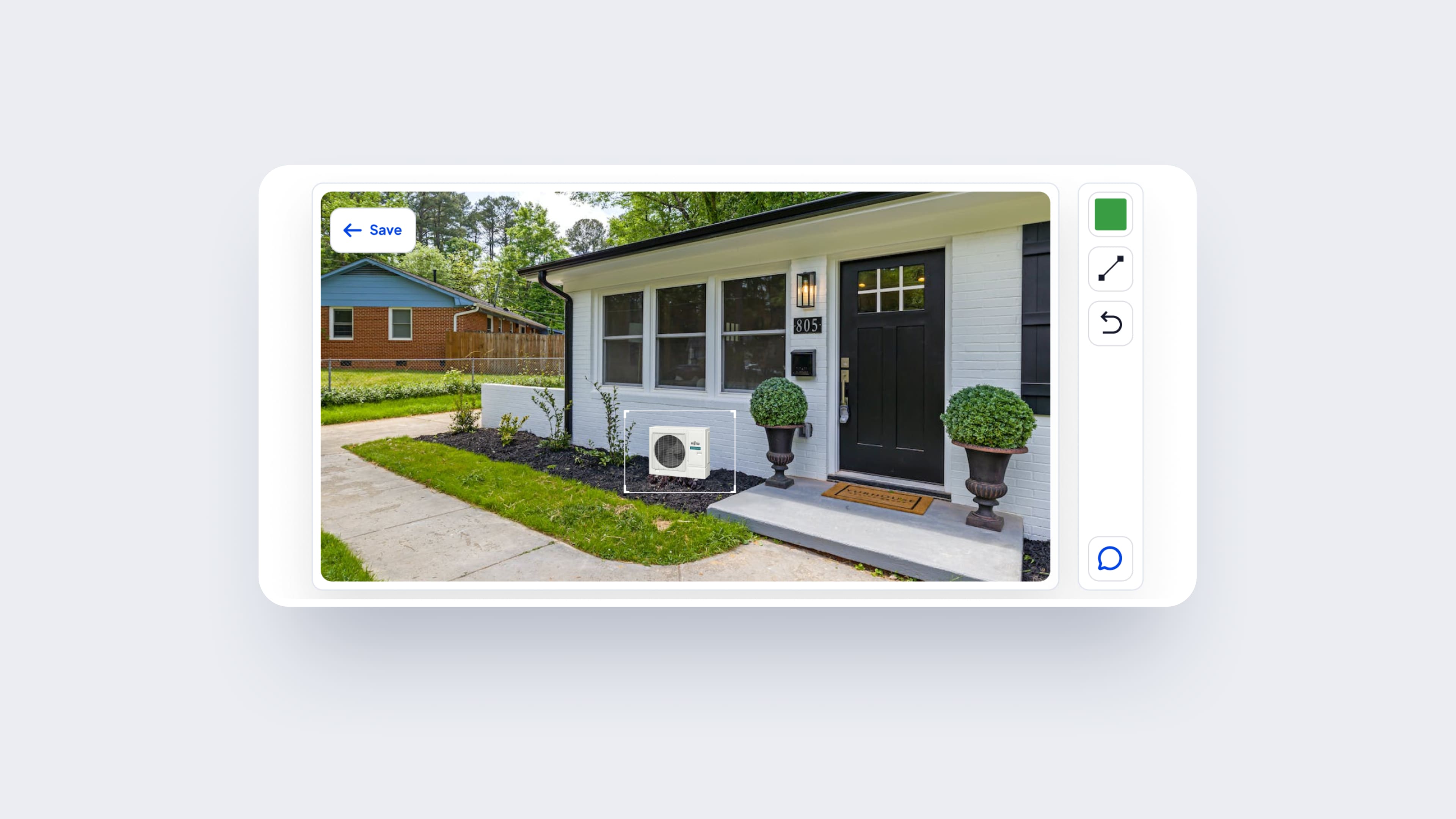
OVERALL SCORE
At Spiral Scout, we believe that when it comes to software development and delivery, it’s time for a change.
5.0
SCHEDULING
On Time / Deadline
4.5
QUALITY
Service & Deliverables
5.0
COST
Value / Within Estimates
4.5
NPS
Willing to Refer


